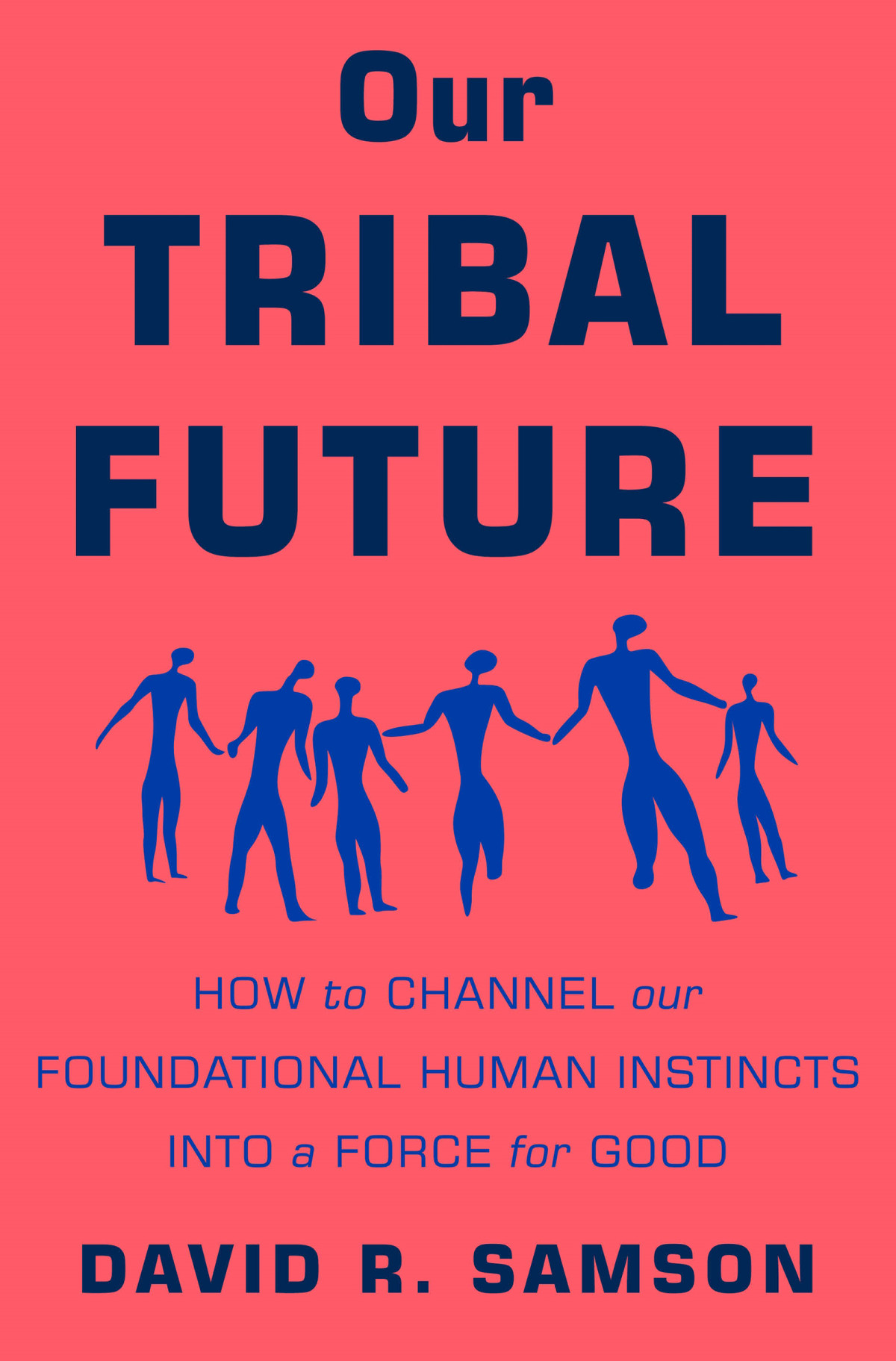

Most ebook files are in PDF format, so you can easily read them using various software such as Foxit Reader or directly on the Google Chrome browser.
Some ebook files are released by publishers in other formats such as .awz, .mobi, .epub, .fb2, etc. You may need to install specific software to read these formats on mobile/PC, such as Calibre.
Please read the tutorial at this link: https://ebookbell.com/faq
We offer FREE conversion to the popular formats you request; however, this may take some time. Therefore, right after payment, please email us, and we will try to provide the service as quickly as possible.
For some exceptional file formats or broken links (if any), please refrain from opening any disputes. Instead, email us first, and we will try to assist within a maximum of 6 hours.
EbookBell Team

4.8
94 reviewsAn astounding and inspiring look at the science behind tribalism, and how we can learn to harness it to improve the world around us.
What do you think of when you hear the word “tribalism?” For many, it conjures images of bigotry, xenophobia, and sectarian violence. Others may envision their own family, friends, and the bonds of loyalty that keep them together. Tribalism is one of the most complex and ancient evolutionary forces; it gave us the capacity for cooperation and competition, and allowed us to navigate increasingly complex social landscapes. It is so powerful that it can predict our behavior even better than race, class, gender, or religion. But in our vast modern world, has this blessing become a curse?Our Tribal Future explores a central paradox of our how altruism, community, kindness, and genocide are all driven by the same core adaptation. Evolutionary anthropologist David R. Samson engages with cutting-edge science and philosophy, as well as his own field research with small-scale societies and wild chimpanzees, to explain the science, ethics, and history of tribalism in compelling and accessible terms.
This bold and brilliant book reveals provocative truths about our nature. Readers will discover that tribalism cannot, and should not, be eliminated entirely—to do so would be to destroy what makes us human. But is it possible to channel the best of this instinct to enrich our lives while containing the worst of its dangers?